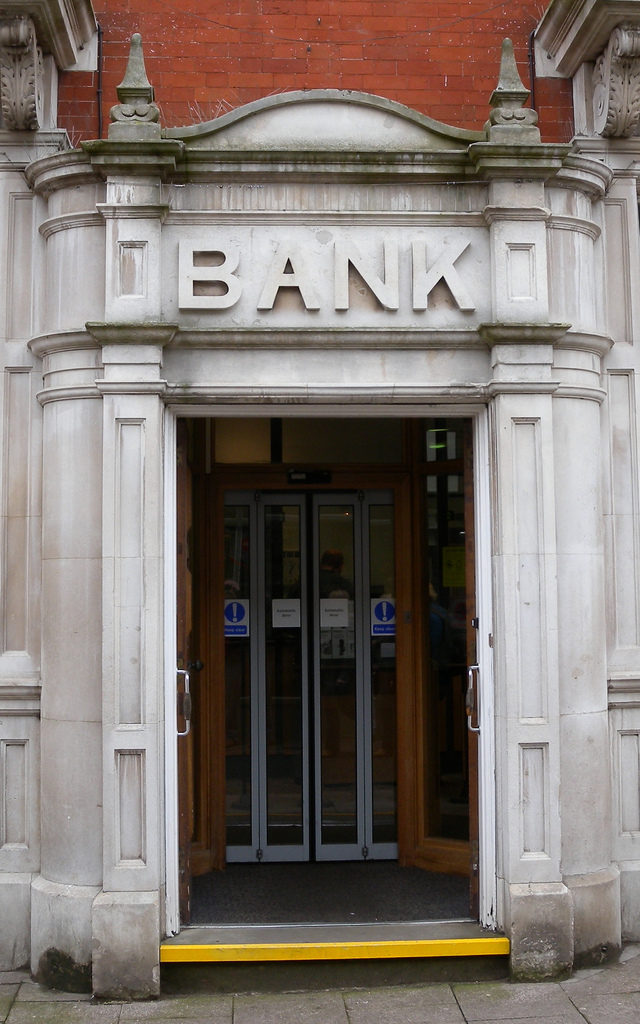Last Updated on 06/11/2017 by GS Staff
[otw_shortcode_dropcap label=”Q:” size=”large” border_color_class=”otw-no-border-color”][/otw_shortcode_dropcap] Does opening a bank account affect your credit score?
[otw_shortcode_dropcap label=”A: ” size=”large” border_color_class=”otw-no-border-color”][/otw_shortcode_dropcap] While common banking transactions like making a deposit and completing a withdrawal do not affect your credit, there are some instances when opening a bank account may affect your credit score. Let’s take a look at how this may happen.
Overdraft Protection
A credit report reflects accounts which lenders have granted credit to an individual. When you open a bank account, you are not extended credit unless you sign up for overdraft protection. Overdraft protection is a line of credit used in case you overdraw your bank account. This line of credit may be reported to the credit bureaus, appear on your credit report, and impact your credit.
Credit Pulls
A bank may pull a credit report on a applicant prior to opening a bank account. This may seem a bit odd but it is meant to protect the bank. A person with a history of bad credit may be prone to bank overdrafts and may not pay back the funds.
If a bank pulls a credit report, the type of inquiry they pull will determine if it has an affect on your credit. The two types of credit pulls are soft and hard inquires:
Soft Inquiry – A soft inquiry is typically used for a pre-approval for something like a credit card or a background check. This type of pull does not affect your credit score and no authorization is required to pull the report.
Hard Inquiry – A hard inquiry requires your authorization and may affect your credit score. These type of pulls occur, for example, when you obtain a mortgage or a student loan. According to Discover, a hard inquiry may or may not negatively affect your credit score because there are numerous variables involved in determine your credit score. If the hard pull does affect your credit, it will only drop a couple of points for most people.
Collections
If you fail to pay back the money you overdraft from a bank account, it may eventually turn into a collection if the bank determines you are unwilling to pay. This collection will likely be reported to the credit bureaus and have a negative impact on your credit.
ChexSystems
While a bank may not pull a credit report before opening a bank account, they may use ChexSystems. ChexSystems is a nationwide consumer reporting database that tracks banking activity of customers.
The majority of banks in the United States use the database to discover any previous issues an account holder had with a bank in the past. The database reports these issues for five years.
Only bad banking issues are reported to the database. For example, if you have a history of writing bad checks, it is likely reported to ChexSystems and can be viewed by other banks that use this system. Banks do not report good use of your bank accounts to the database.
ChexSystems is not credit reporting agency so the database does not directly related to your credit. Of course, issue reported to ChexSystems can separately be reported to the credit bureaus if necessary. ChexSystems is mainly used to determine the risk a bank may have in opening an account for a potential customer.
Image Source: Steve Parker
